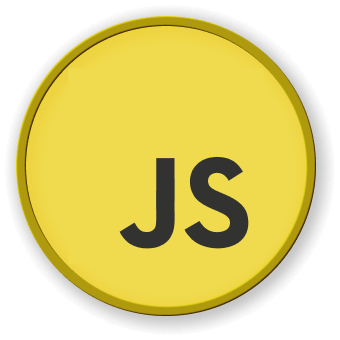Introduction
In this lab, we will dive into measuring the performance of JavaScript functions using the concept of Hertz frequency. We will learn how to use the performance.now() method to calculate the time elapsed executing a function and how to determine the number of cycles per second. Through practical examples and exercises, we will explore the differences in performance between different implementations of the same function.




